Most parents would agree that you're fighting a losing battle when it comes to keeping your kids germ-free once they go to school or nursery. Not content with sharing each other's food, they're just as likely to be sharing each other's bogeys and school germs! Let's face it, however much you instil the importance of good hand washing, there's even a Global Hand Washing Day on October 15th, you can't be there every time they visit the loo or dig things up in the garden or playground!
The idea that dirt is healthy and great for building up a thriving immune system doesn't really make you feel any better when you've got an unwell, grizzling toddler or a sick, grumpy teen on your hands. With children's health in mind, here's our guide to some of the products that can help you deal with the usual sickly suspects that your children are likely to come home with.
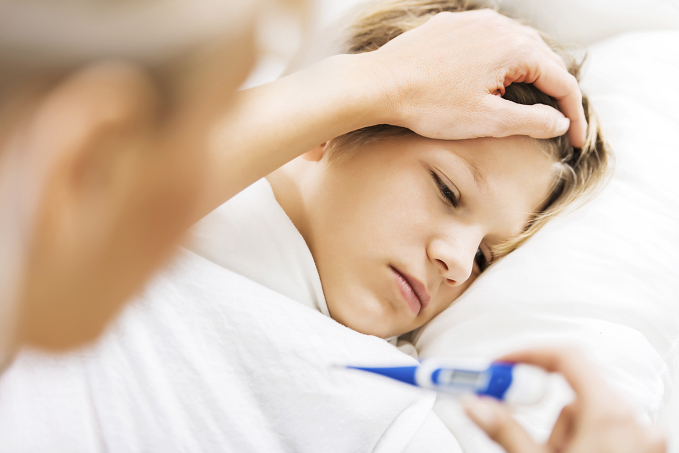
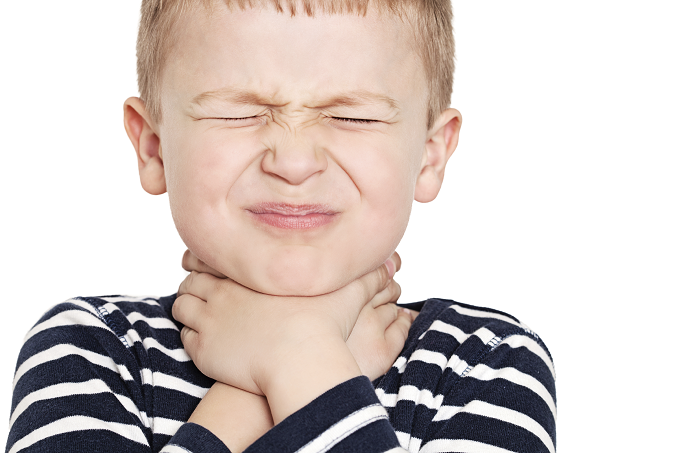
Anything and everything
Whatever they're suffering from, here are a few things that you can do to keep you both from climbing the walls.
Keep them home to avoid further spreading their germs and get them to drink plenty of fluids. If they start to get fed up of 'boring water' then you can treat them to frozen lollies, juice drinks and good old chicken soup, which are all great ways to keep them hydrated.
Make sure they get an early night so that they have plenty of sleep and take their mind off feeling ill with a story and a cuddle. You'll be surprised how even the most grown up of children will be happy to snuggle up when they're unwell.
A blocked nose
The cold or flu is easily passed on between children. To avoid skin irritation, use a warm, wet cloth to wipe their nose and if the skin around the nose does become sensitive or sore, just apply a little petroleum jelly.
Decongestant oils such as Olbas oil, can be inhaled to relieve a blocked nose. Nasal drops and nasal sprays, when used carefully and infrequently, can also help.
A steamy bath before bedtime with the bathroom door closed should help to loosen any mucus and clear the nasal passages.
At bedtime, make sure that they are propped up with an extra pillow. A vapour rub applied sparingly to their chest and back can also help them to sleep a bit more comfortably.
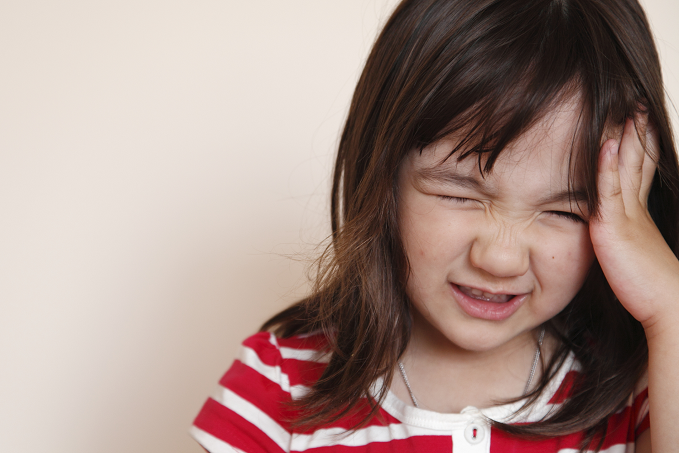
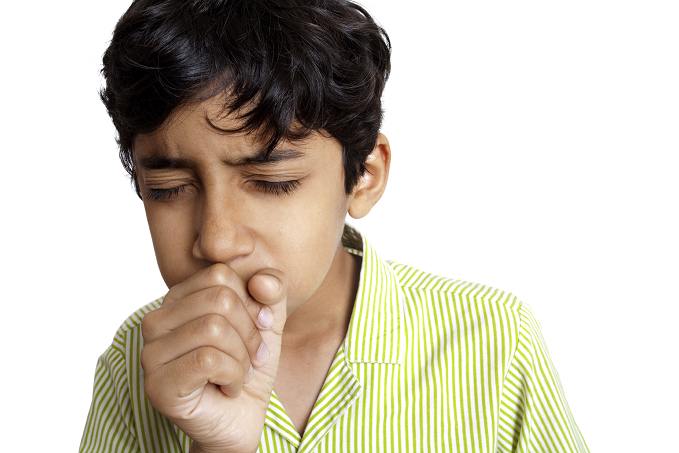
A headache
One of the best remedies for this isn't going to be popular with children; namely, keeping quiet and doing as little as possible. No TV, no reading, no playing. Good luck with this one!
Paracetamol and ibuprofen suspension can help ease pain – be sure to check the dosage instructions on the packaging and never give aspirin to children under 16 years old.
Put a cool, moist cloth or soothing gel pad on their forehead.
More often that not, headaches in children aren't a serious health problem but if your child is suffering from them repeatedly then it may be wise to consult your GP.
A cough
According to the Medicines and Healthcare products Regulatory Agency (MHRA), over-the-counter cough and cold medicines shouldn't be given to children under the age of six. While there's little evidence to suggest that cough medicines actually work, some ingredients may help to alleviate the symptoms.
A warm drink of lemon and honey or a simple cough syrup containing glycerol can soothe a cough, especially before bedtime. It's worth remembering that honey shouldn't be given to babies under the age of one.
If your child has been coughing for more than a week, see your GP.

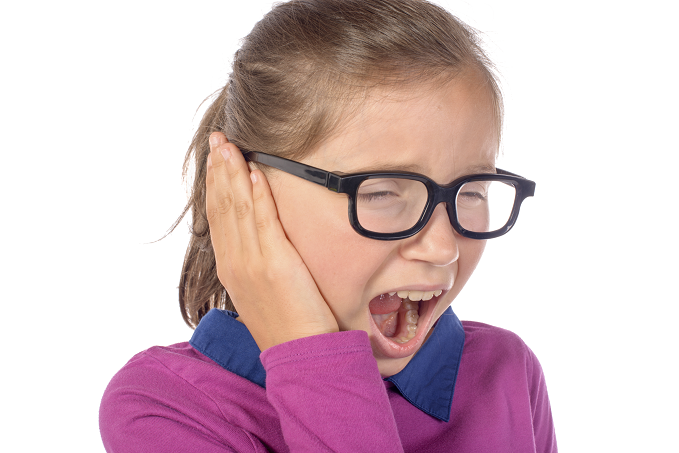
A sore throat
Sore throats are common amongst children and teenagers because they haven't built up resistance against many of the viruses and bacteria that cause sore throats.
Avoid food or drink that's too hot, as this could further irritate the throat. Gargling with warm salty water will help to reduce any swelling. Warm honey drinks will also help and keep them hydrated.
Older children can suck lozenges, hard sweets, ice cubes or lollies.
Earache
The pain can be eased using paracetamol and ibuprofen suspension, always check the dosage instructions and never give aspirin to children under 16 years old.
A warm flannel against the ear can help to relieve the pain. Placing a hot water bottle under a pillow before bed can also help, just make sure that you take it out before they go to bed to avoid the risk of being burnt.
Eardrops can sometimes help, but make sure that you seek advice first from a pharmacist. They shouldn't be used if the eardrum has burst.
Repeated middle ear infections may lead to glue ear, resulting in a build-up of sticky fluid up that can affect your child's hearing. Your GP can advise you on the best treatment for glue ear.
You can't stop the germs from making their way home from school or nursery, but hopefully these hints and tips will make spending time with an ill child a bit more comfortable for both of you.